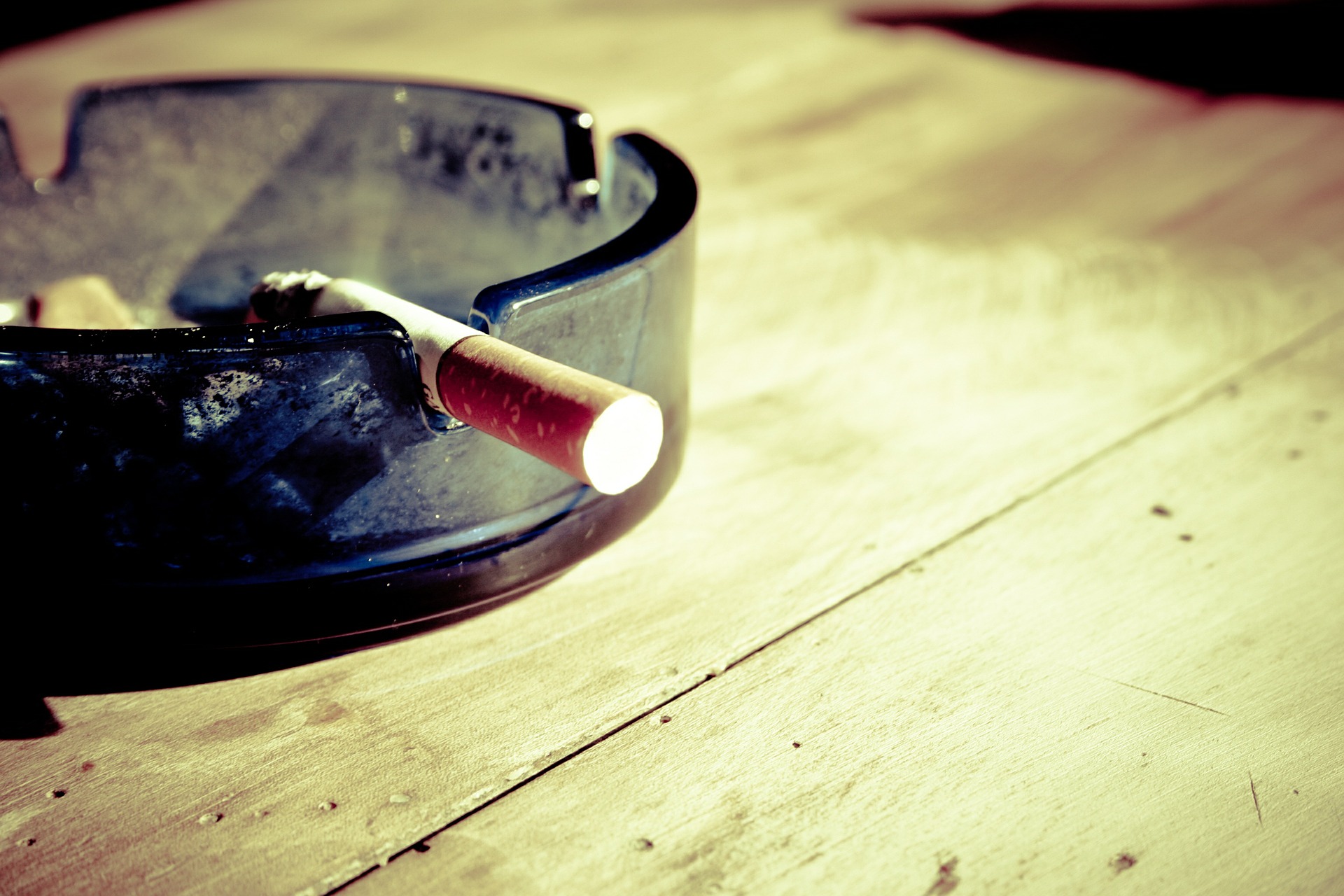Smoke or drink before bed? New research shows just how bad it can be for sleep

Like many things in life, everything is best in moderation. A few beers on occasion is typically better than a handle of vodka every weekend. 30 minutes of exercise five days per week is likely healthier than four hours a day seven days per week. What’s lesser-known but perhaps just as impactful is the timing of lifestyle habits like these. New research out of the Jackson Heart Study shows that when we partake in certain activities can be a big deal, especially when it comes to sleep.
The study
This 2019 study looked to uncover the relationship between evening use of alcohol, caffeine, and nicotine in an elderly population and how it impacts participant’s sleep quality across several metrics.
The study utilized wrist actigraphy, a way to track sleep, and asked participants to record their consumption of the alcohol, caffeine, and nicotine anytime it was ingested four hours or closer to bedtime. The study’s aim was to highlight the importance of good sleep hygiene habits, and the evidence is quite clear.
The results
After analyzing a total of 5,614 days of data in 785 people, it appeared that nicotine and alcohol intake in the evening (within 4 hours of bedtime) had the biggest impact on sleep. Results showed poorer sleep quality related to evening alcohol and nicotine use. The study highlighted that participants who ingested nicotine in the evening spent more time awake at night. Nicotine showed to be a real sleep stealer for the 19% of insomniacs in the study sample, showing a 40-minute reduction in overall sleep time.
It’s not a big surprise, as nicotine is a stimulant that can keep us alert and even hide signs of drowsiness. A big data analysis of SleepScore Labs presented at the ESRS conference in 2018 also showed that smokers showed the poorest sleep amongst all users of SleepScore Labs sleep tracking technology.
Interestingly, the study did not find that caffeine had a significant impact on sleep, though it is generally advised that an early afternoon caffeine cut-off time can help with getting quality sleep.
Best practices
While our sleep experts always recommend being mindful of your various lifestyle habits and leaning on moderation for better sleep, the study highlights that some recommendations are better backed up by empirical data than others.
By limiting nicotine intake in general (including vaping, smoking, and dipping) and ensuring you ingest less in the hours leading up to bedtime, you may be saving yourself from a rough night’s sleep. The same can be said about alcohol as the study suggests. Nightcaps may seem like a nice way to finish off a day, but its sleep-promoting effects are only temporary. Experts, however, advise that you don’t quit cold-turkey, as this could lead to other sleep problems.
Have questions for our experts? Tweet us @sleepscore!